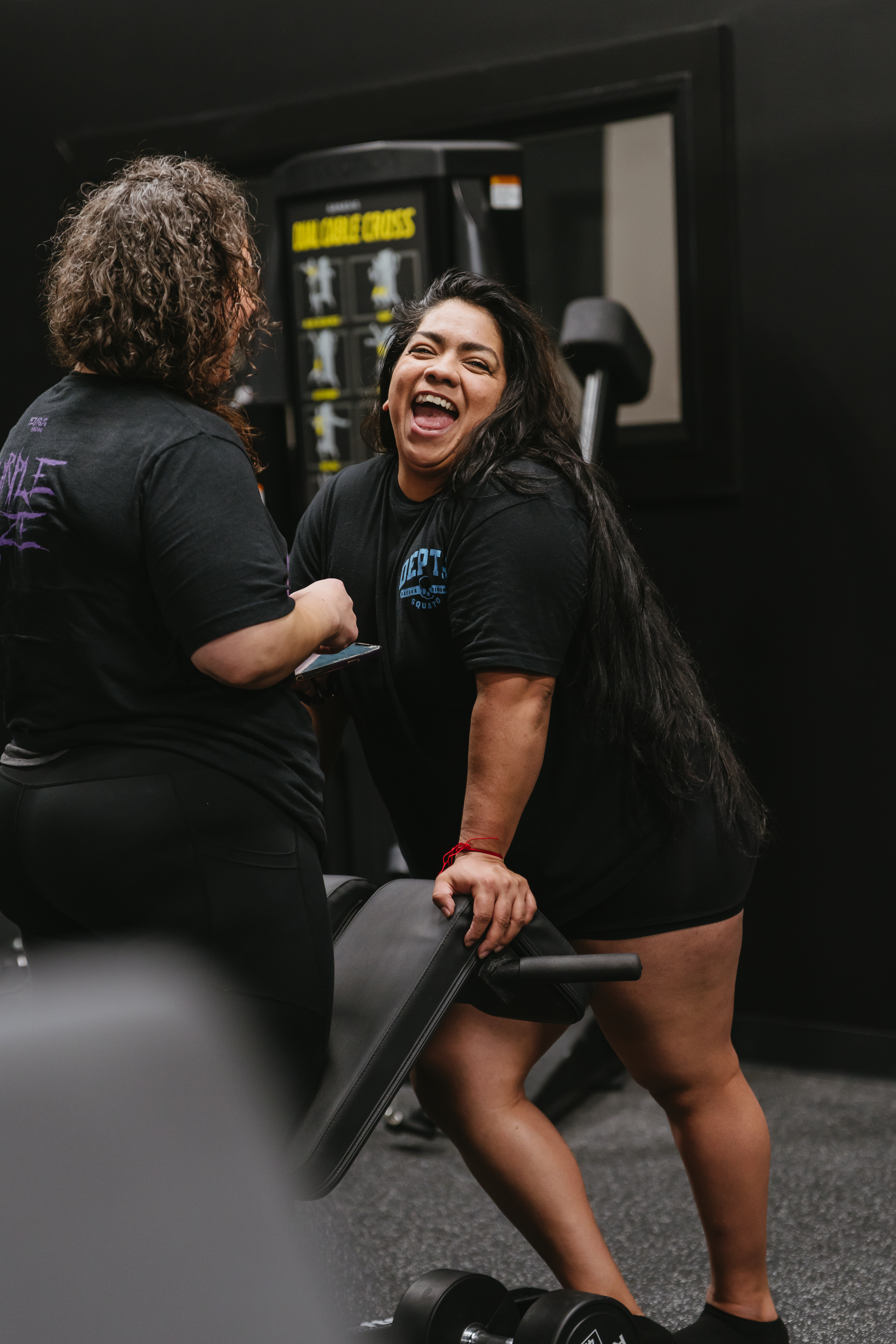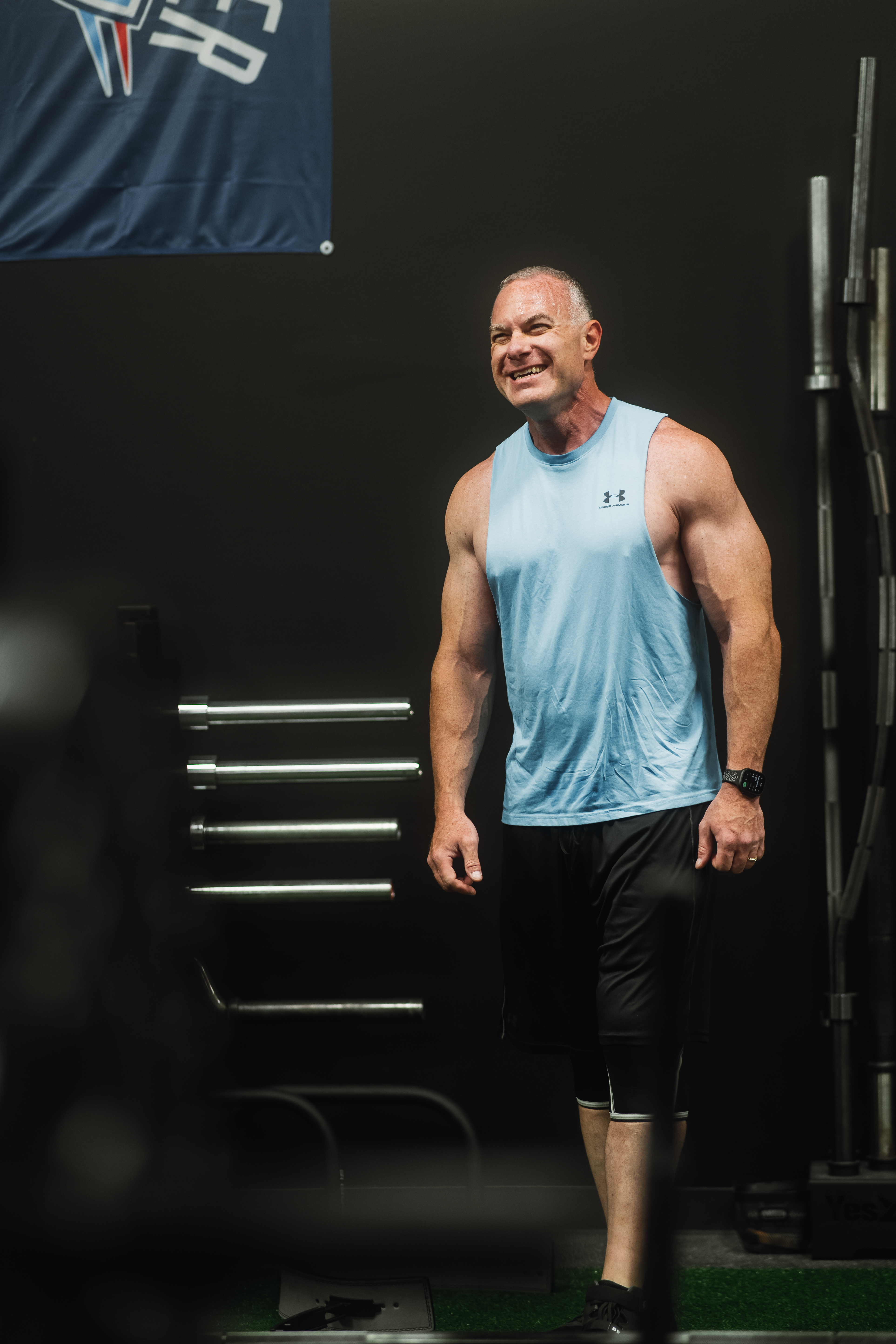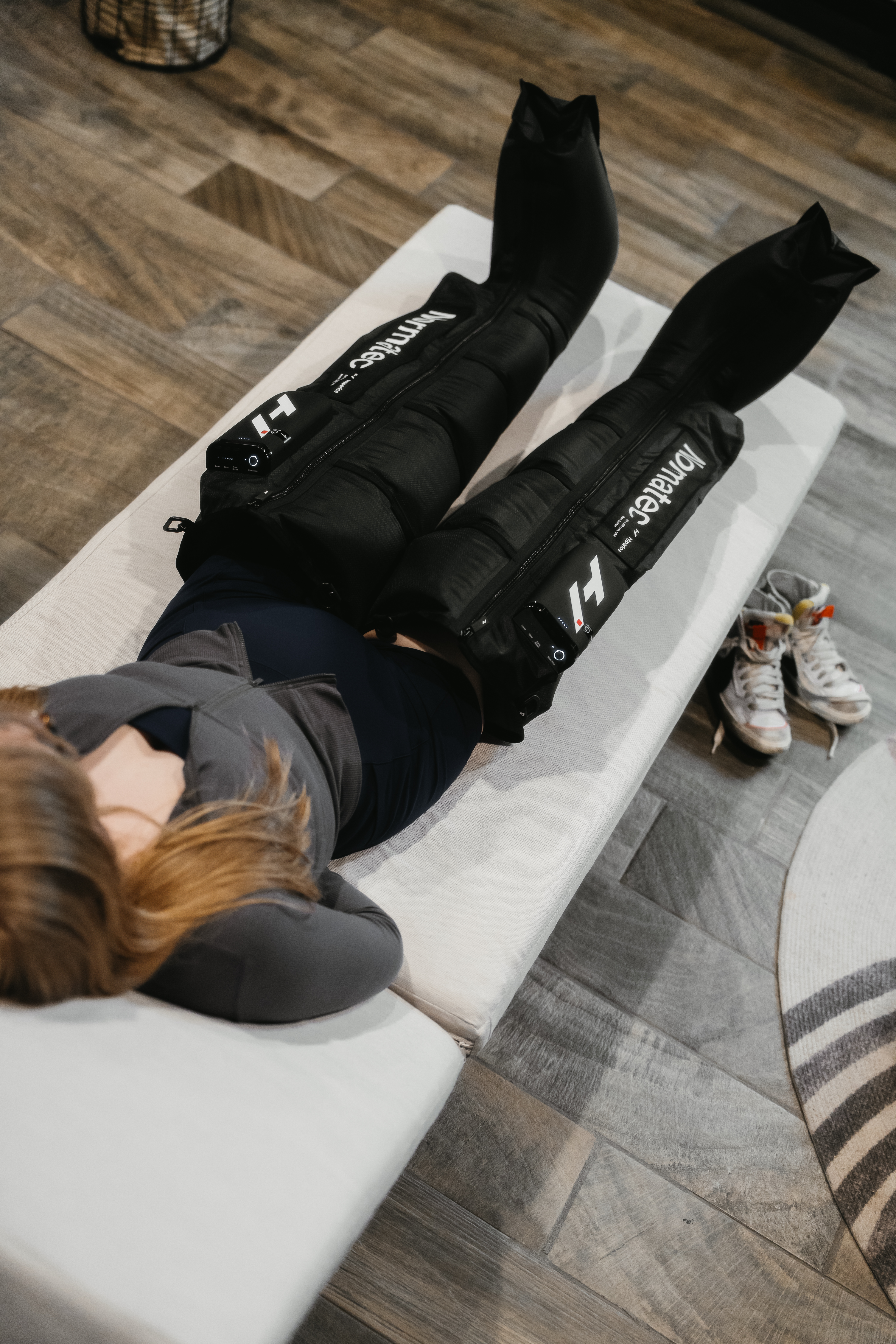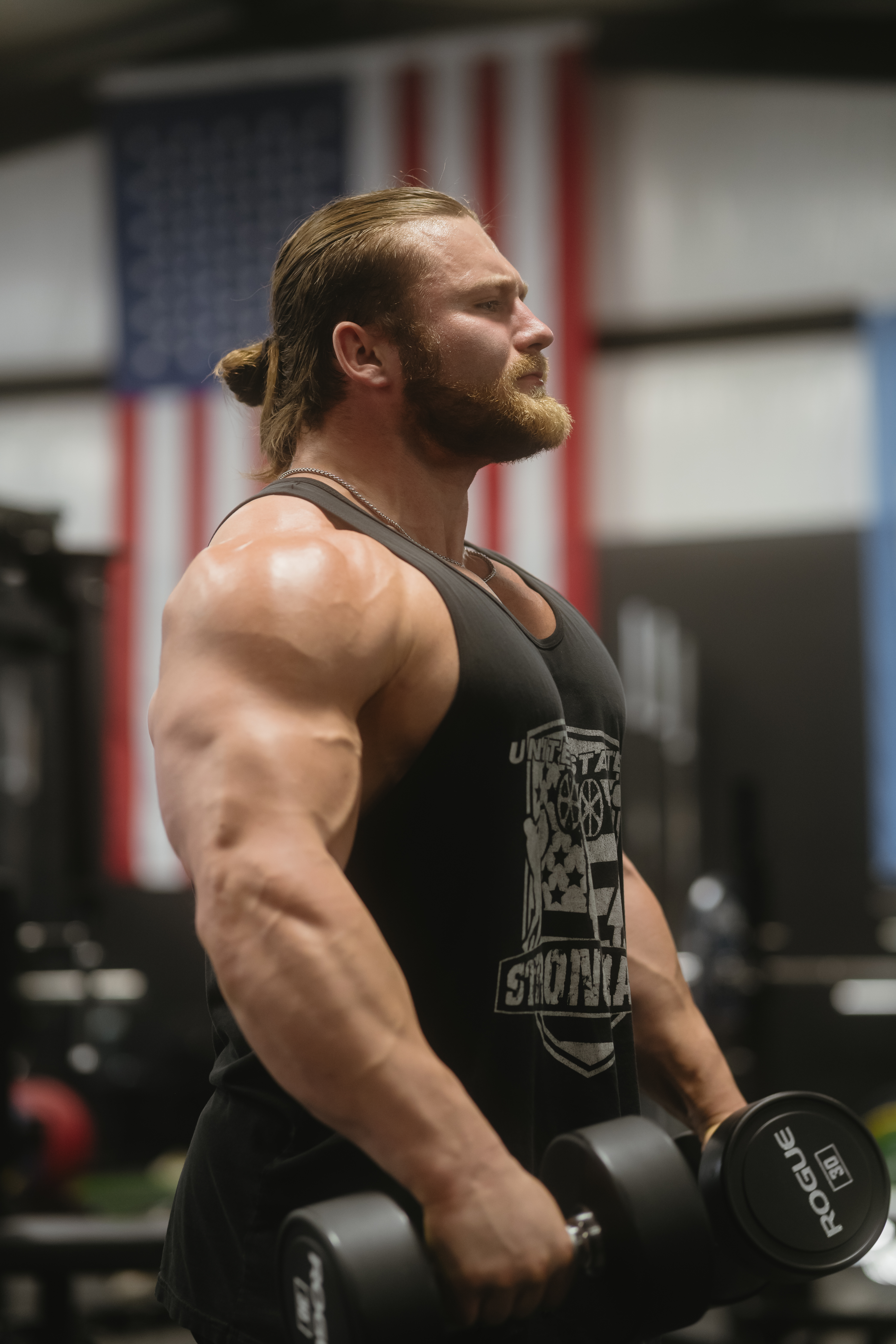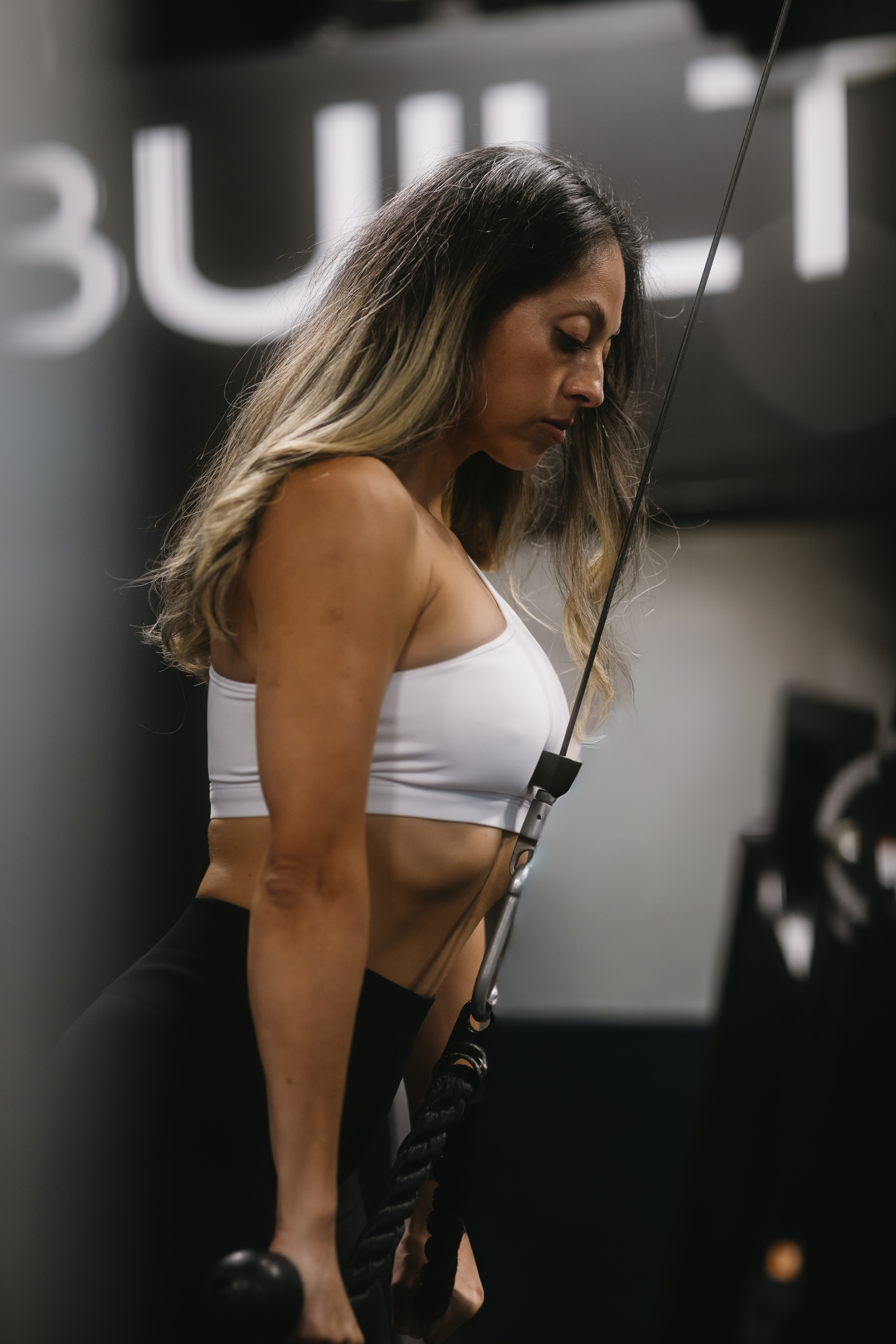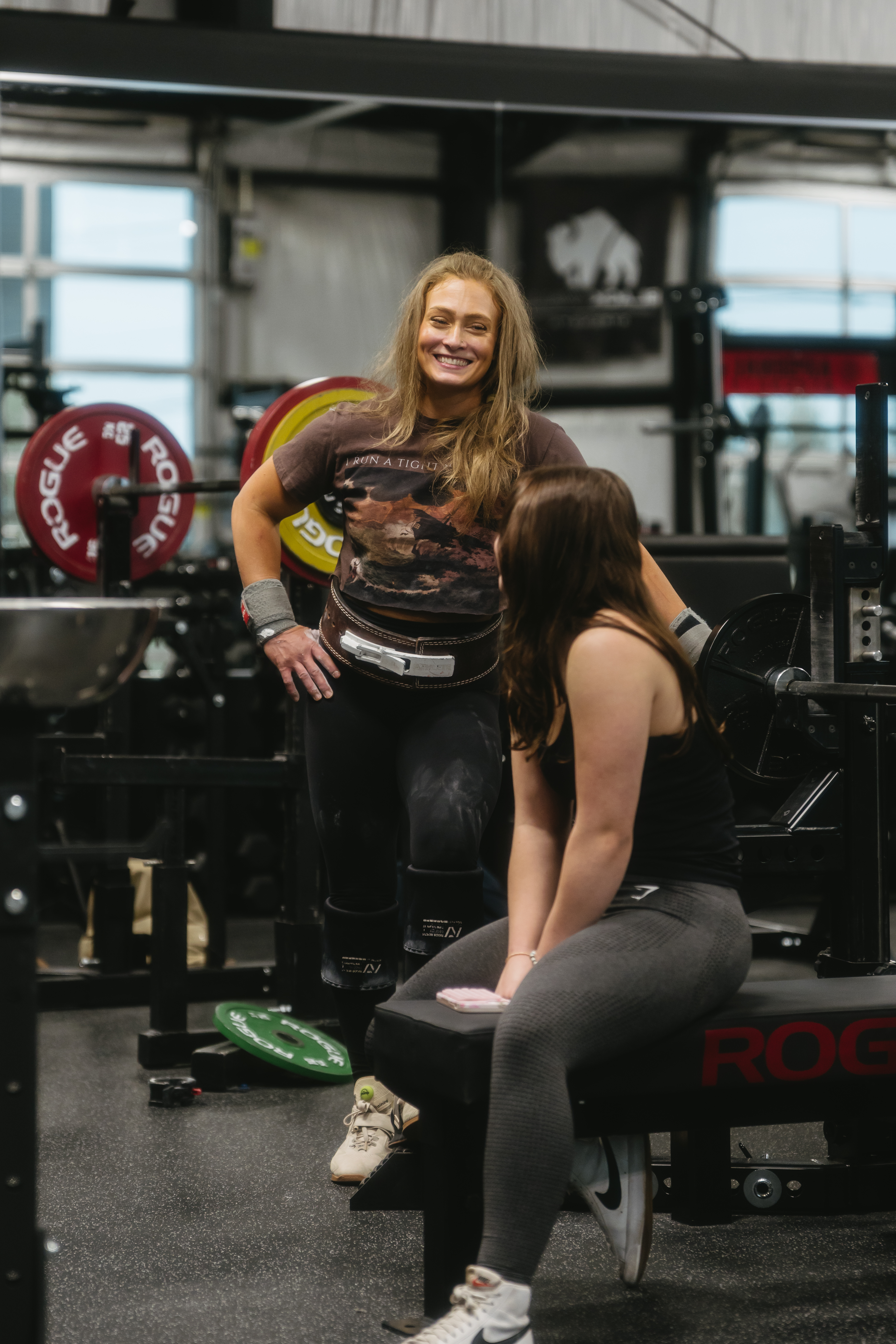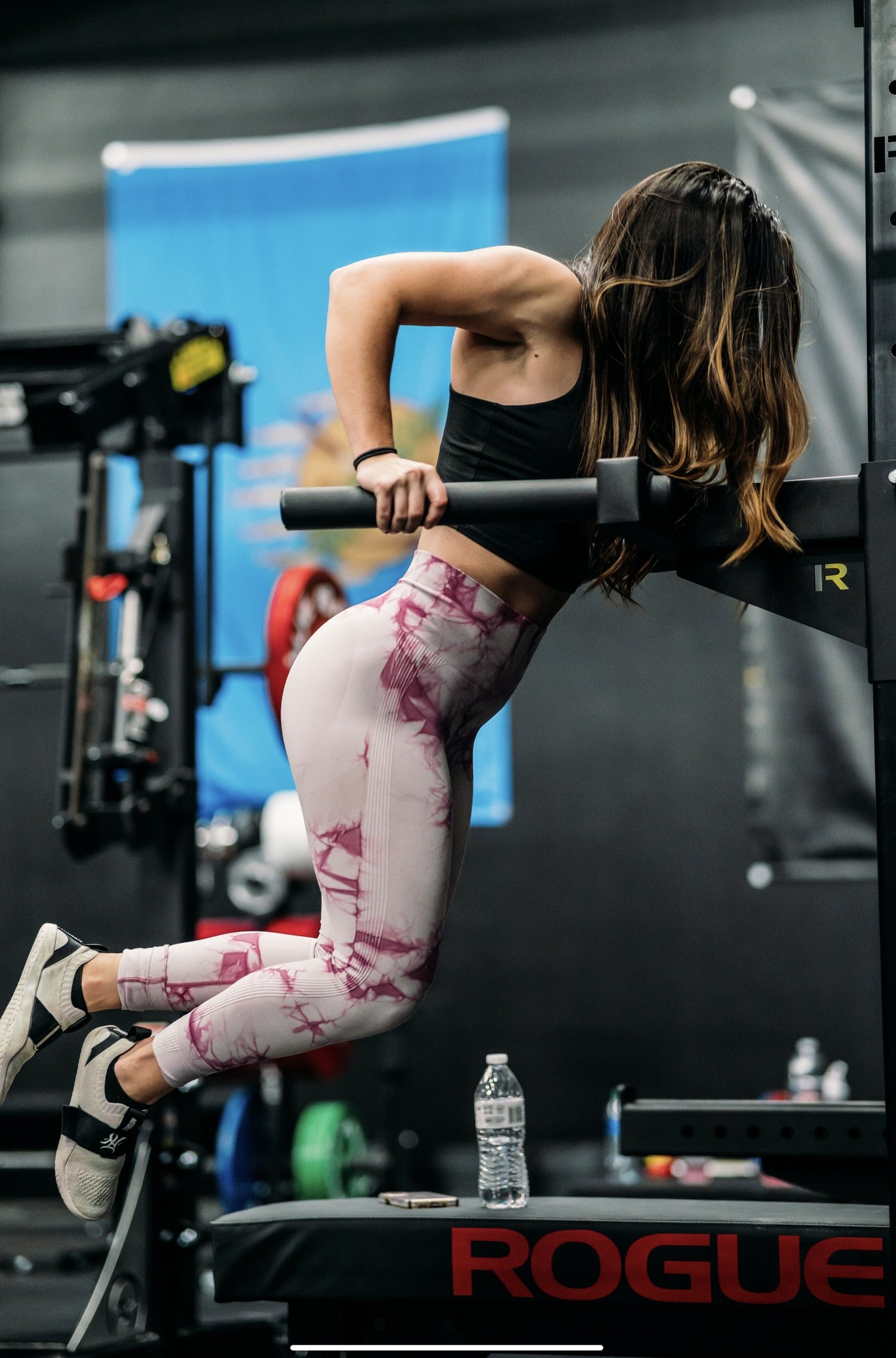
Protein Intake for Women Lifting Weights
Protein Intake for Women Lifting Weights
Why Protein Matters for Women Who Lift
Best Protein Sources for Women
Why Protein Matters for Women Who Lift
Protein plays a critical role in muscle growth and recovery, which is especially important for women who engage in weightlifting. While strength training can significantly improve muscle mass and strength, these benefits can only be fully realized with sufficient protein intake. Women, in particular, have different protein needs than men due to factors such as body composition, hormonal influences, and overall muscle mass. A higher protein intake helps women optimize their muscle repair process, ultimately contributing to greater strength gains and improved body composition. Research suggests that women benefit from protein intakes in the range of 1.2 to 2.0 grams per kilogram of body weight per day, depending on the intensity of their training and fitness goals (Schoenfeld et al., 2017).
Best Protein Sources for Women
To meet their protein needs, women should focus on high-quality protein sources that are rich in essential amino acids, especially leucine, which plays a key role in muscle protein synthesis.
Animal-based proteins: Lean meats (chicken, turkey, lean beef), fish (salmon, tuna, cod), and eggs are excellent choices.
Plant-based proteins: Lentils, chickpeas, quinoa, and tofu provide solid options for those on a plant-based diet.
Dairy products: Greek yogurt, cottage cheese, and milk deliver protein along with calcium, which supports bone health—an especially important factor for women lifting weights.
A study published in The American Journal of Clinical Nutrition found that consuming a variety of protein sourcesensures a balanced intake of all essential amino acids, enhancing muscle recovery and growth (Phillips et al., 2009).
Challenges Women Face in Meeting Protein Needs
Despite the benefits, many women struggle to get the recommended amount of protein due to several factors:
Dietary patterns: Plant-based or low-protein eating styles may not provide enough protein for active women.
Perceptions around protein: Some worry that high-protein foods are too calorie-dense or that protein intake may lead to “bulking” rather than lean muscle development.
Cultural pressures: Societal focus on calorie restriction and weight loss can overshadow the importance of muscle building.
Because of these challenges, it’s essential for women to be intentional about including protein-rich foods—whether lean meats, fish, eggs, dairy, or plant-based sources—into their meals to meet their unique nutritional needs.
References:
Schoenfeld, B. J., Aragon, A. A., & Krieger, J. W. (2017). The effect of protein timing on muscle strength and hypertrophy: A meta-analysis. Journal of the International Society of Sports Nutrition, 14(1), 1-11.
Phillips, S. M., Tipton, K. D., & Ferrando, A. A. (2009). Protein supplementation and exercise for athletes: A review. The American Journal of Clinical Nutrition, 79(5), 588-593.

